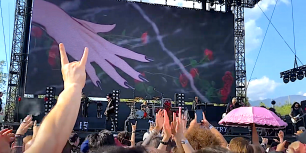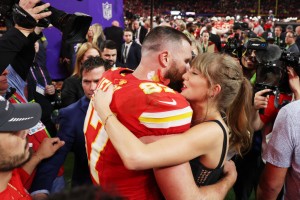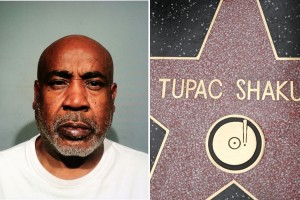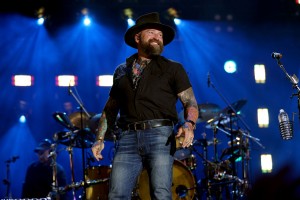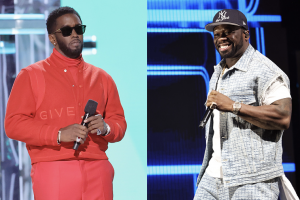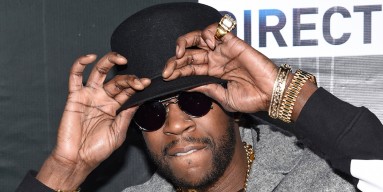Back in April, former Los Angeles Clippers owner Donald Sterling was banned from the organization after recording of him making racist comments leaked and it looks like Atlanta Hawks owner Bruce Levenson is headed down the same road.
Effective immediately, Levenson will step down as owner of the NBA team after the release of a racist email he sent in 2012, according to Vibe.
As reported by USA Today, Levenson turned the email in to the league in July while the investigation into Sterling was underway. The email was reportedly sent to Hawks President Danny Ferry. In the message, Levenson insinuates the team's African American fanbase has caused ticket sales to decline.
Read Levenson's email in part below.
My theory is that the black crowd scared away the whites and there are simply not enough affluent black fans to build a significant season ticket base. Please dont get me wrong. There was nothing threatening going on in the arean back then. i never felt uncomfortable, but i think southern whites simply were not comfortable being in an arena or at a bar where they were in the minority. On fan sites i would read comments about how dangerous it is around philips yet in our 9 years, i don't know of a mugging or even a pick pocket incident. This was just racist garbage. When I hear some people saying the arena is in the wrong place I think it is code for there are too many blacks at the games. I have been open with our executive team about these concerns. I have told them I want some white cheerleaders and while i don't care what the color of the artist is, i want the music to be music familiar to a 40 year old white guy if that's our season tixs demo. i have also balked when every fan picked out of crowd to shoot shots in some time out contest is black. I have even bitched that the kiss cam is too black.
Levenson has apologized for his insensitive statements and for taking Atlanta Hawks fans for granted.
I wrote an e-mail two years ago that was inappropriate and offensive. I trivialized our fans by making clichéd assumptions about their interests (i.e., hip hop vs. country, white vs. black cheerleaders, etc.) and by stereotyping their perceptions of one another (i.e., that white fans might be afraid of our black fans). By focusing on race, I also sent the unintentional and hurtful message that our white fans are more valuable than our black fans.
As for the team's new owner, fans took to Twitter to make a few suggestions.
How soon before Jeezy, Ludacris and T.I. buy the Atlanta Hawks?
— MarviN (@MarvB_) September 7, 2014
If Outkast buys the Atlanta Hawks and don't name them the ATLiens, it'll be disappointing, and honestly, a little embarrassing. — Henry Nasserbakht (@Nasserbakht) September 7, 2014
Him and Jeezy bout to be Co-owners lol "@ImaginaryGerald: Gucci RT @Flyer_thanu2: Atlanta Hawks bout to get sold. I wonder who'll buy them"
— #LibraSeason 9/23 ♎ (@Flyer_thanu2) September 7, 2014
